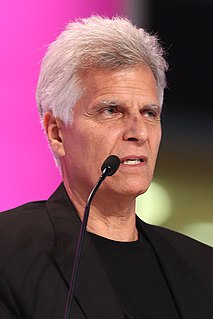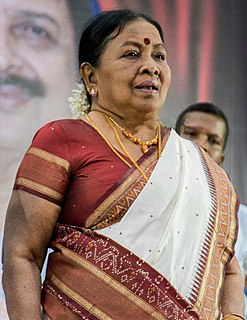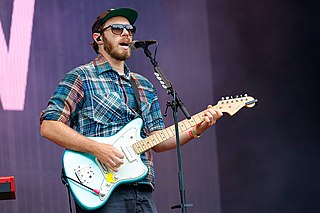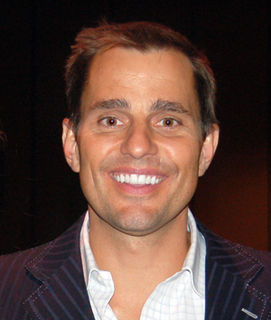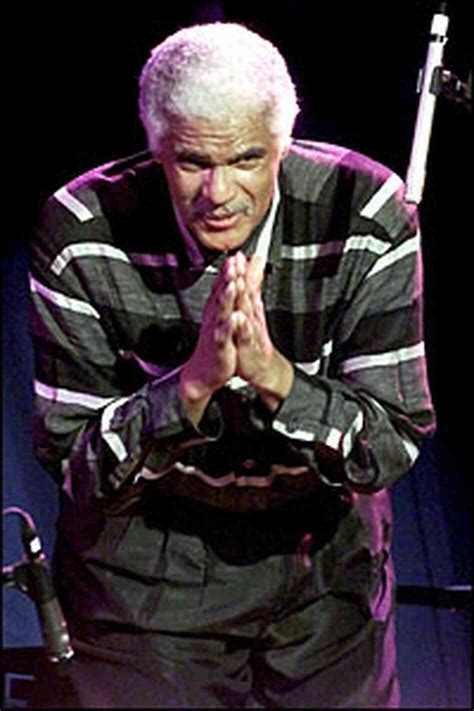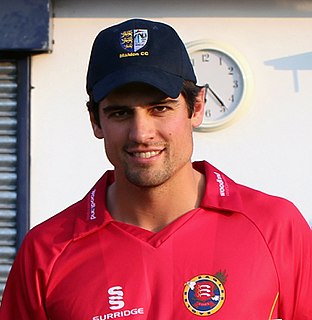A Quote by Mark Spitz
As a kid, chess was the first thing I studied in a structured way that helped me gain the discipline to study medicine and become successful doctor.
Related Quotes
In the field of medicine, if you're sick you need a doctor. A doctor has already studied how to deal with your ailments, and human beings are imperfect. There any many ailments of the psyche and the soul that need to be treated, and the serious murshid, or spiritual master, is also really a doctor of the soul: a person who can heal the wounds of the soul in the same way as a medical doctor takes care of our physical problems.
Sports became a way for me to find my personality and identity in life. I had a lot of problems as a young kid like we all do with my own confidence, trying to grow up, and become a man and whatnot. Sports helped me get there. It helped me get my role in Rocky IV. It has helped me ever since in my movies and dealing with a lot of hard times between pictures and my life. I would say it's the one thing that's kept me going over the years.
I used to play a lot of chess and competitive chess and study chess and as you get to the grandmasters and learn their styles when you start copying their games like the way they express themselves through... The way Kasparov or Bobby Fischer expresses themselves through a game of chess is it's astonishing. You can show a chess master one of their games and they'll say "Yeah, that is done by that player."
In many ways, the effort to study philosophy was my rebellion away from medicine. I'm the son of two Indian immigrant physicians, so the natural path for me would have been to become a doctor. I ended up doing the master's degree at Oxford in politics, philosophy, and economics while already having a seat in medical school. I was keeping that as my escape hatch. But my hope was that I might become a philosopher or something else entirely.
